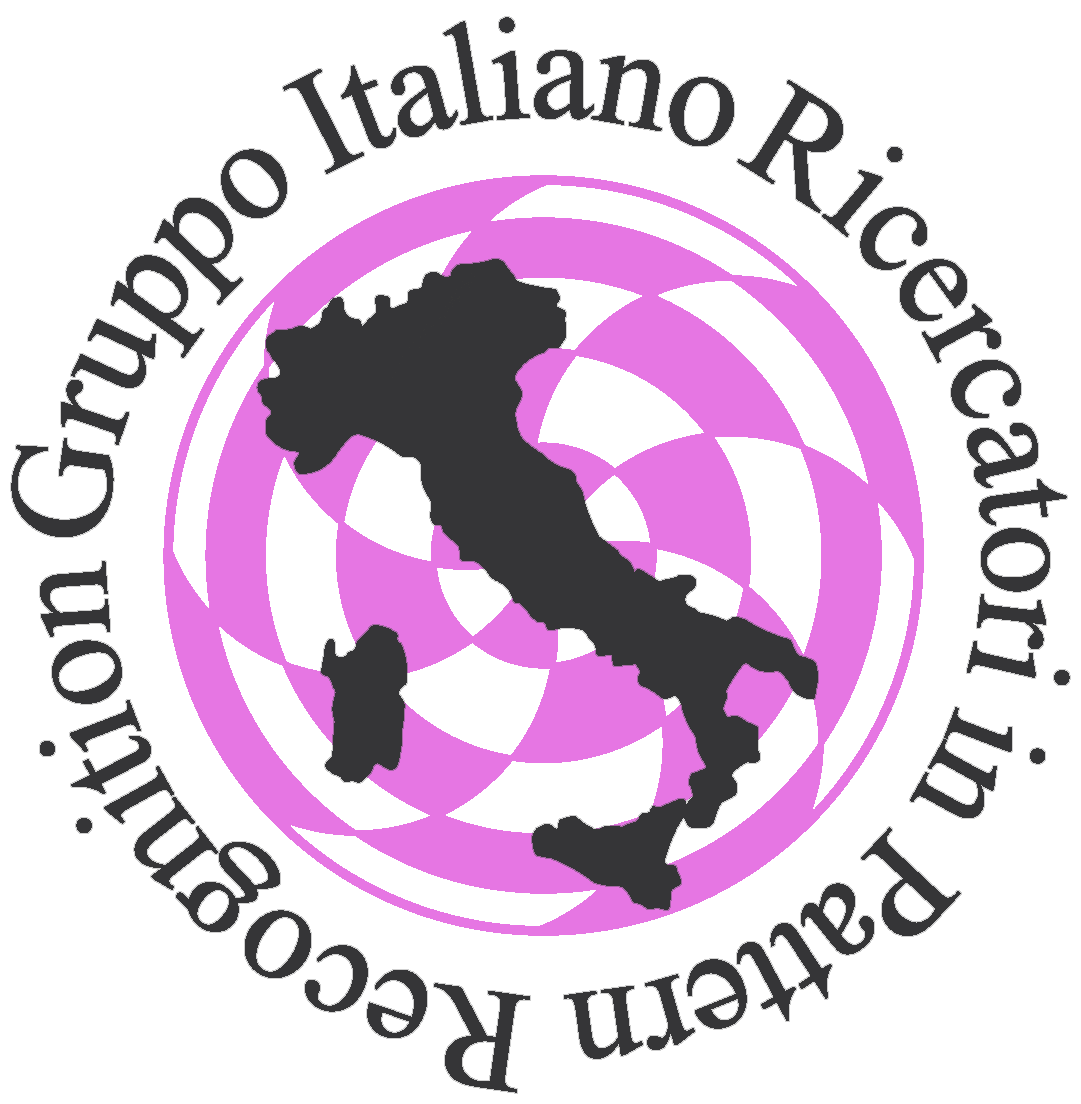
 Samir Adly, Université de Limoges, FR
Samir Adly, Université de Limoges, FR
Samir Adly received a Master degree in Mathematical Engineering (1992) and a PhD in Applied Mathematics (1995), both from the University of Limoges (France). From 1997 to 2006 he was associate professor and from 2006 till now he is full professor of mathematics at University of Limoges. His research interests focus on theoretical and algorithmic issues related to variational inequalities, complementarity problems, optimization, nonsmooth dynamical systems, variational analysis and its applications. He is actually Director of the Mathematics and Computer Science Department (DMI) of the institute of research XLIM (UMR-CNRS 7252). He is also the Head of the team MOD "Modeling, Optimization, Dynamics" of the department DMI and is Responsable of the Master degree ACSYON. He serves as general chair of numerous conferences and has been invited and keynote speaker in several international conferences. Professor Adly has published more than 60 refereed journal articles and book chapters.
Evolution Problems Involving Nonconvex Moving Sets
In this talk, we analyze and discuss the well-posedness of the so-called sweeping process, introduced by J.J. Moreau in the early 70's with motivation in plasticity theory. The first variant is concerned with the perturbation of the normal cone to the moving convex (or prox-regular) subset C(t), supposed to have a bounded variation, by a Lipschitz mapping. Under some assumptions on the data, we show that the perturbed differential measure inclusion has one and only one right continuous solution with bounded variation. The existence of a solution with bounded variation is achieved thanks to the Moreau's catching-up algorithm adapted to this kind of problem. Various properties and estimates of jumps of the solution are also provided. We give sufficient conditions to ensure the uniform prox-regularity when the moving set is described by inequality constraints. As an application, we consider a nonlinear differential complementarity system which is a combination of an ordinary differential equation with a nonlinear complementarily condition. Such problems appear in many areas such as nonsmooth mechanics, nonregular electrical circuits and control systems. The second variant concerns a first order sweeping process with velocity in the moving set C(t). This class of problems subsumes as a particular case, the evolution variational inequalities (widely used in applied mathematics and unilateral mechanics).
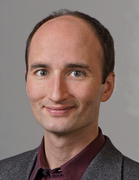 Daniel Cremers, Technische Universität München, DE
Daniel Cremers, Technische Universität München, DE
Daniel Cremers received Bachelor degrees in Mathematics (1994) and Physics (1994), and a Master's degree in Theoretical Physics (1997) from the University of Heidelberg. In 2002 he obtained a PhD in Computer Science from the University of Mannheim, Germany. Subsequently he spent two years as a postdoctoral researcher at the University of California at Los Angeles (UCLA) and one year as a permanent researcher at Siemens Corporate Research in Princeton, NJ. From 2005 until 2009 he was associate professor at the University of Bonn, Germany. Since 2009 he holds the chair for Computer Vision and Pattern Recognition at the Technical University, Munich. His publications received several awards, including the 'Best Paper of the Year 2003' (Int. Pattern Recognition Society), the 'Olympus Award 2004' (German Soc. for Pattern Recognition) and the '2005 UCLA Chancellor's Award for Postdoctoral Research'. For pioneering research he received a Starting Grant (2009), a Proof of Concept Grant (2014) and a Consolidator Grant (2015) by the European Research Council. Professor Cremers has been associate editor for several journals including the International Journal of Computer Vision, the IEEE Transactions on Pattern Analysis and Machine Intelligence and the SIAM Journal of Imaging Sciences. He has served as area chair (associate editor) for ICCV, ECCV, CVPR, ACCV, IROS, etc, and as program chair for ACCV 2014. He serves as general chair for the European Conference on Computer Vision 2018 in Munich. In December 2010 he was listed among “Germany's top 40 researchers below 40” (Capital). On March 1st 2016, Prof. Cremers will receive the Leibniz Award 2016, the biggest award in German academia. He is Managing Director of the Department of Computer Science.
Variational Methods and Geometric Optimization for Computer Vision
Variational methods are among the most classical and established methods to solve a multitude of problems arising in computer vision and image processing. Over the last years, they have evolved substantially, giving rise to some of the most powerful methods for optic flow estimation, image segmentation and 3D reconstruction, both in terms of accuracy and in terms of computational speed. In this tutorial, I will introduce the basic concepts of variational methods. I will then focus on problems of geometric optimization including image segmentation and 3d reconstruction. I will show how the regularization terms can be adapted to incorporate statistically learned knowledge about our world. Subsequently, I will discuss techniques of convex relaxation and functional lifting which allow to computing globally optimal or near-optimal solutions to respective energy minimization problems. Experimental results demonstrate that these spatially continuous approaches provide numerous advantages over spatially discrete (graph cut) formulations, in particular they are easily parallelized (lower runtime) and they do not suffer from metrication errors (better accuracy).
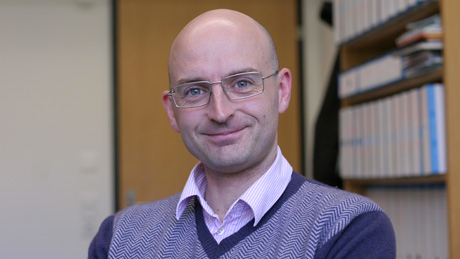 Camillo De Lellis, Institut fuer Mathematik Universitaet Zuerich, CH
Camillo De Lellis, Institut fuer Mathematik Universitaet Zuerich, CH
Camillo De Lellis received a Master’s degree in Mathematics (1999) from the University of Pisa and a PhD in Mathematics (2002) from the Scuola Normale Superiore di Pisa, Italy. Subsequently, he spent a period as a Postdoctoral researcher at Max Planck Institute for Mathematics in the Sciences, Leipzig and later in ETH, Zuerich. From Spring 2004 to July 2005 he was assistant professor at the University of Zuerich. Since July 2005 he is full professor at the University of Zuerich. He received several awards, including Sciarra Prize for Laurea theses in Mathematics (2000), Gold Medal Guido Stampacchia (2009), Invited speaker at Hyderabad, ICM (2010), Plenary speaker at Krakow, ECM (2012), Fermat Prize (2013), shared with Martin Hairer, SIAG/APDE Prize (2013), shared with László Székelyhidi, Caccioppoli Prize (2014). He serves as Editor for several journals and series including Advances in Mathematics, Annales de l'institut Henry Poincaré (C) analyse non linéaire, Annals of PDE, Archive for rational mechanics and analysis, Bullettin des sciences mathèmatiques, Calculus of variations and partial differential equations, EMS surveys in mathematical sciences, Encyclopedia of mathematics, Journal of differential geometry, Journal of functional analysis, Networks and heterogeneous media, Springer lecture notes in mathematics. Professor De Lellis has published more than 80 refereed journal articles and book chapters.
The Regularity of 2-Dimensional Area-Minimizing Integral Currents
Building upon the Almgren's big regularity paper, Chang proved in the eighties that the singularities of area-minimizing integral 2-dimensional currents are isolated. His proof relies on a suitable improvement of Almgren's center manifold and its construction is only sketched. In recent joint works with Emanuele Spadaro and Luca Spolaor we give a complete proof of the existence of the center manifold needed by Chang and extend his theorem to two classes of currents which are "almost area minimizing", namely spherical cross sections of area-minimizing 3-dimensional cones and semicalibrated currents.
 Francisco Facchinei, Sapienza Università di Roma, IT
Francisco Facchinei, Sapienza Università di Roma, IT
Francisco Facchinei received the Ph.D. degree in system engineering from the University of Rome, “La Sapienza,” Rome, Italy. He is full professor of Operations Research, Engineering Faculty, University of Rome, “La Sapienza.” His research interests focus on theoretical and algorithmic issues related to nonlinear optimization, variational inequalities, complementarity problems, equilibrium programming, and computational game theory. He is the author of over 100 scientific articles and of the two-volumes monograph Finite-dimensional Variational Inequalities and Complementarity Problems (Springer, 2003).
A Game-Theoretic Approach to Computation Offloading in Mobile Cloud Computing
We consider a three-tier architecture for mobile and pervasive computing scenarios, consisting of a local tier of mobile nodes, a middle tier (cloudlets) of nearby computing nodes, typically located at the mobile nodes access points but characterized by a limited amount of resources, and a remote tier of distant cloud servers, which have practically infinite resources. This architecture has been proposed to get the benefits of computation offloading from mobile nodes to external servers while limiting the use of distant servers whose higher latency could negatively impact the user experience. For this architecture, we consider a usage scenario where no central authority exists and multiple non-cooperative mobile users share the limited computing resources of a close-by cloudlet and can selfishly decide to send their computations to any of the three tiers. We define a model to capture the users interaction and to investigate the effects of computation offloading on the users' perceived performance. We formulate the problem as a generalized Nash equilibrium problem and show existence of an equilibrium. We present a distributed algorithm for the computation of an equilibrium which is tailored to the problem structure and is based on an in-depth analysis of the underlying equilibrium problem. Through numerical examples, we illustrate its behavior and the characteristics of the achieved equilibria.
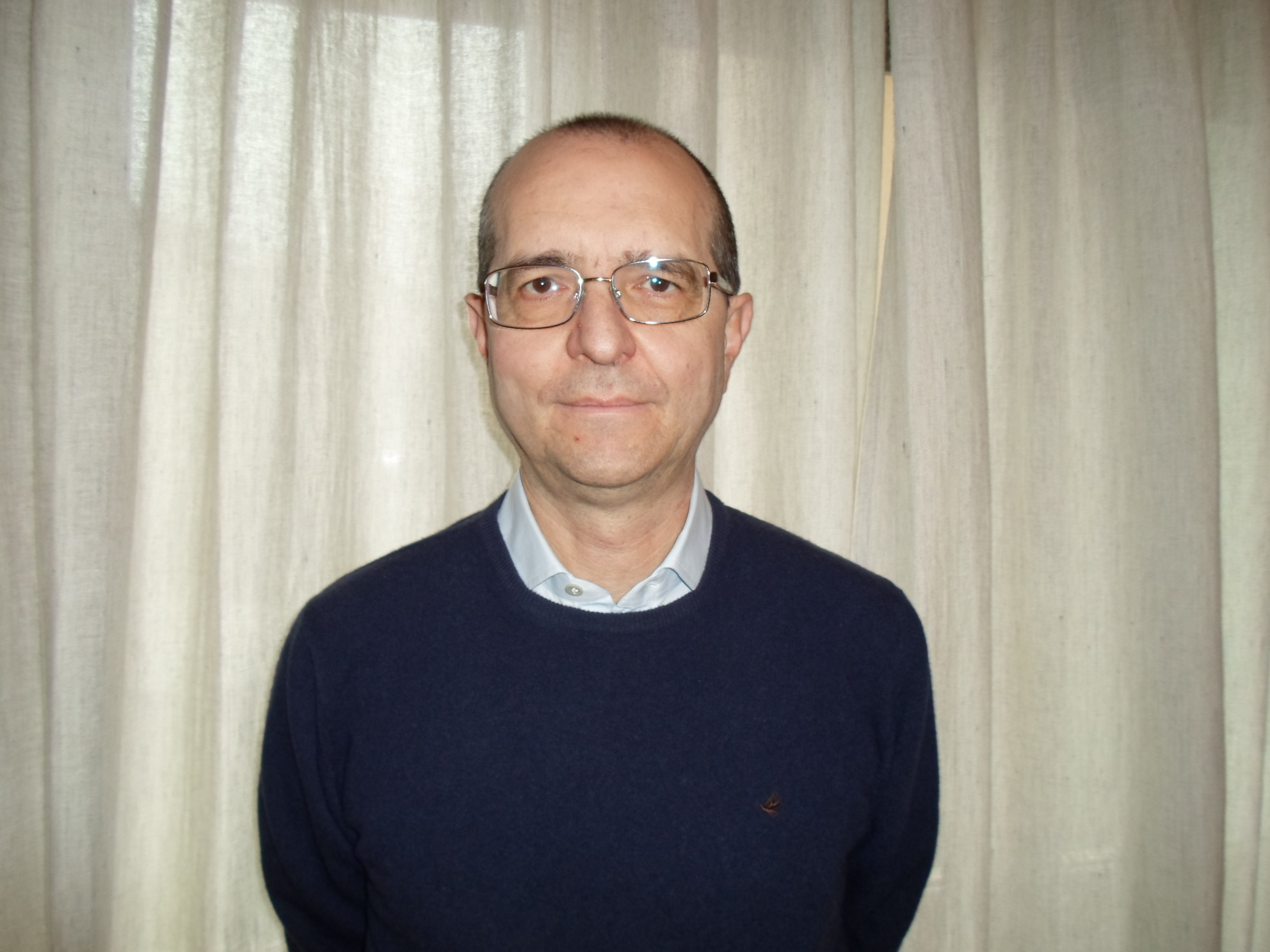 Massimo Pappalardo, Università di Pisa, IT
Massimo Pappalardo, Università di Pisa, IT
Massimo Pappalardo received a Master's degree in Mathematics (1981) from the University of Pisa. He spent two years (1982-83) with a fellowship at the “Istituto Nazionale di Alta Matematica” (Rome). In 1987 he obtained his PhD in Mathematics from the University of Pisa. From 1988 to 1990 he was assistant professor; from 1990 to 2000 he was associate professor and from 2000 he is full professor of Operations Research at University of Pisa. He was Head of the Applied Mathematics Department of University of Pisa from 2006 to 2012. He is actually President of the Master Degree in Computer Science at University of Pisa. He received several grants from National Research Council, from Ministry of Education, Universities and Research and from University of Pisa. He is associate editor of the Journal “Minimax Theory and its Applications” and referee for several international journals. He has been invited speaker in several international conferences. He has written more than 60 research papers published in International Journals. He has written 2 didactic books.
Optimization Tools for Solving Equilibrium Problems with Nonsmooth Data
The paper deals with the gap function approach for equilibrium problems with locally Lipschitz data. The gap function inherits the locally Lipschitz continuity of the data. Hence, the connections between its generalized directional derivatives, monotonicity conditions on the equilibrium bifunction and descent properties can be analysed. In turn, this analysis leads to devise two descent methods. Finally, the results of preliminary numerical tests are reported.
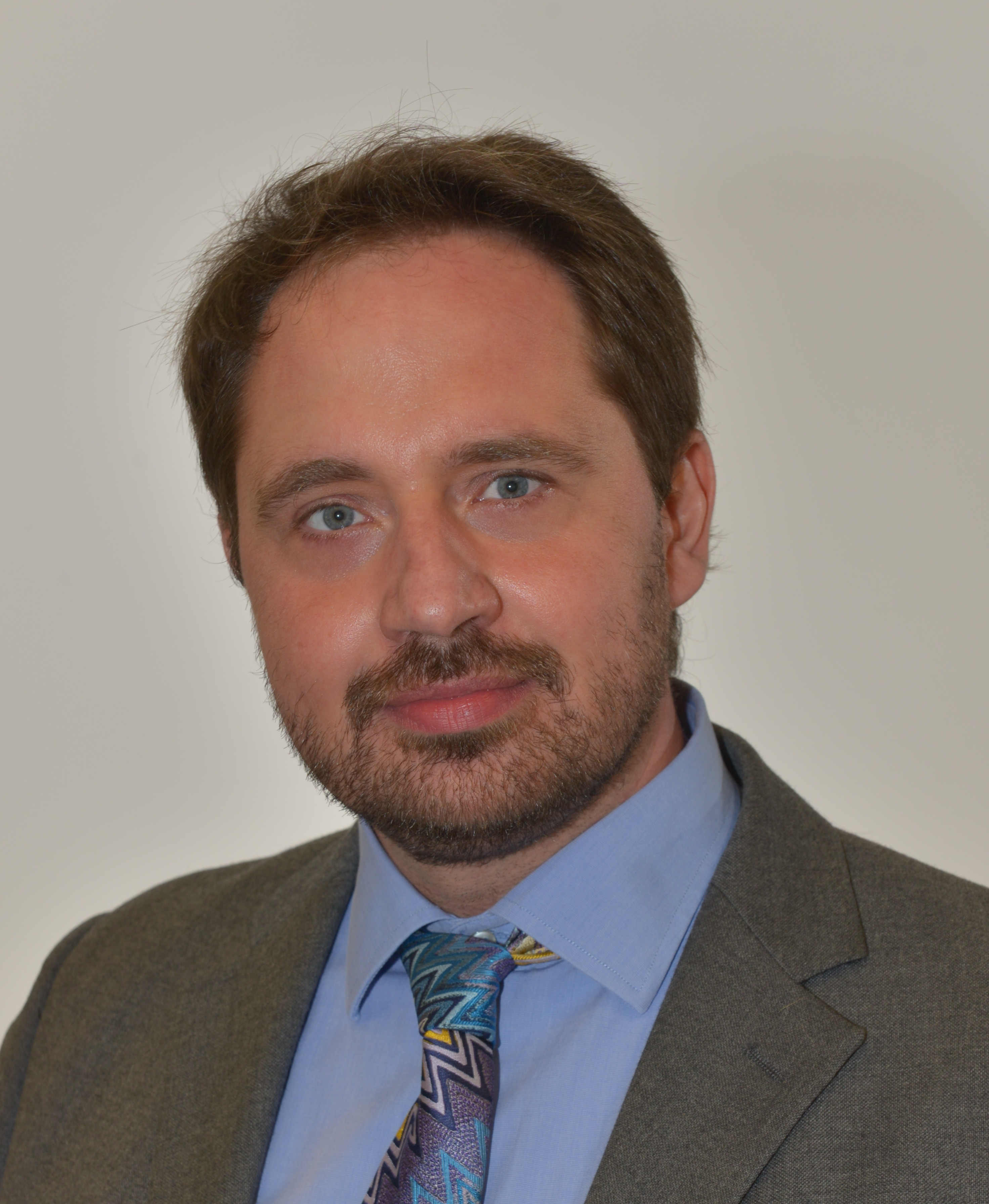 Andrea Torsello, Università Ca' Foscari di Venezia, IT
Andrea Torsello, Università Ca' Foscari di Venezia, IT
Andrea Torsello received his PhD in computer science at the University of York, UK. From 2007 to 2015 he is Assistant Professor at Ca' Foscari University of Venice, Italy. Since 2015 he is Associate Professor in the same University. His research interests are in the areas of Computer Vision, Pattern Recognition, and Machine Learning. Professor Torsello has published over 100 technical papers in refereed journals and conference proceedings and is repeatedly in the program committees of various international conferences and workshops reference for the area. In 2007 he held a visiting research position at the Information Technology Faculty of Monash University, Australia. In 2009 and 2011 he has been chair of the international workshop "Graph-based Representation in Pattern Recognition" and in 2014 he founded and directed of the "International Summer School on Complex Networks". He is currently member of the Editorial Boards of the international journals "Pattern Recognition" and "Pattern Recognition Letters". In 2010 he co-founded "Digitalviews srl" an academic spin-off participated by Ca' Foscari University of Venice. Digitalviews won the financing call for university spin-offs "Progetto IMPRESA" of the IMPAT consortium (http://www.consorzioimpat.it), ranking third nationally.
Game Theory in Pattern Recognition and Machine Learning
Game theory arose in the early 40's as a reaction against the view that problems in economic theory can be formulated with the tools of optimization theory. Indeed, most real-world economic problems typically involve conflicting interactions among agents that cannot be captured by a single objective function, resulting in a shift of emphasis by game theorists from optimality towards equilibrium conditions. Game theory provides an abstract theoretically-founded framework to model complex scenarios, finding a variety of applications no only in economics and social sciences, but also in different fields of engineering and information technologies. Indeed, in the last 30 years there have been various attempts aimed at formulating problems in computer vision, pattern recognition and machine learning from a game-theoretic perspective. Further, with the recent development of algorithmic game theory, the interest in these communities around game-theoretic models is growing at a fast pace. In this talk I will provide an overview of the main applications of game theory in computer vision, pattern recognition and machine learning.






